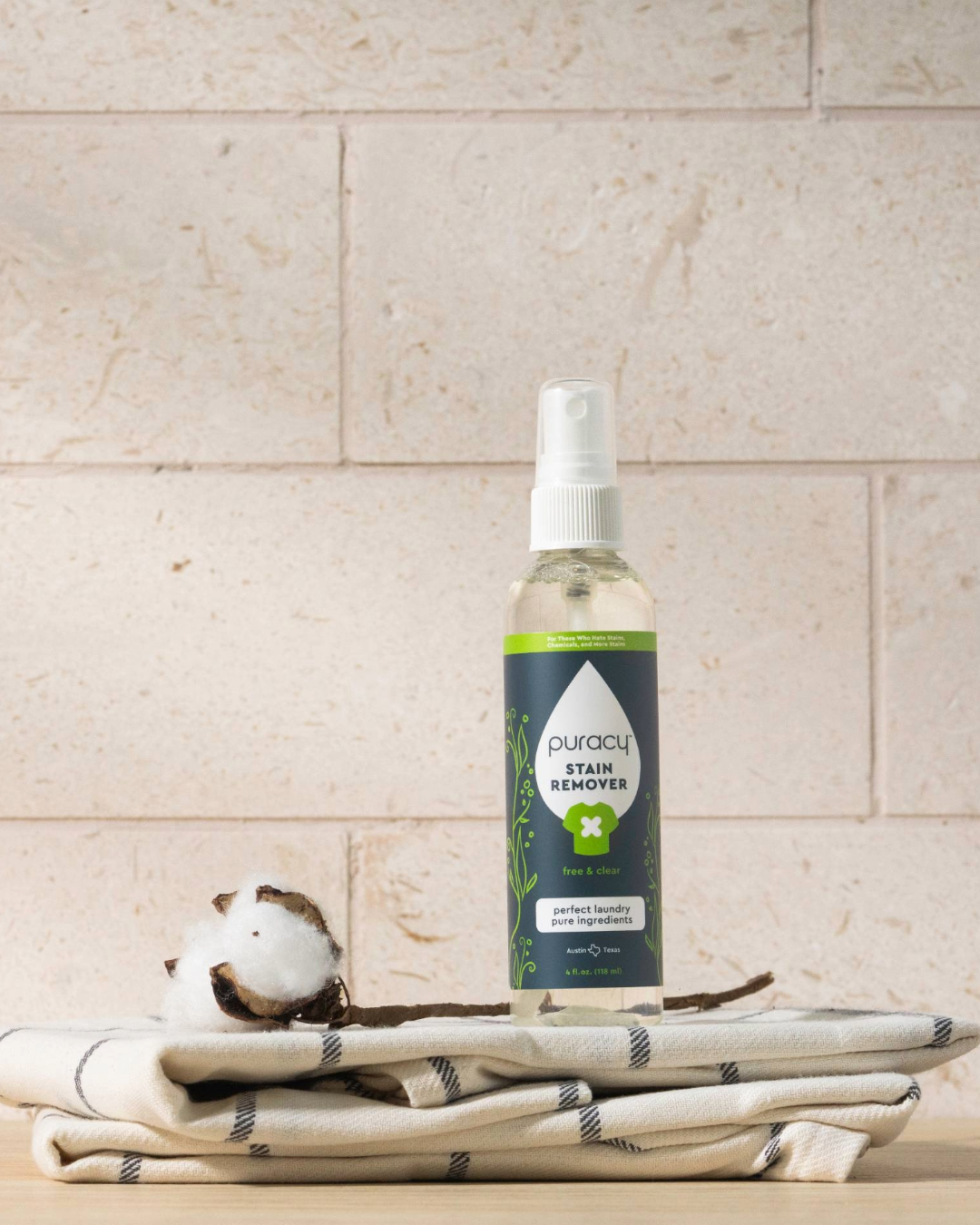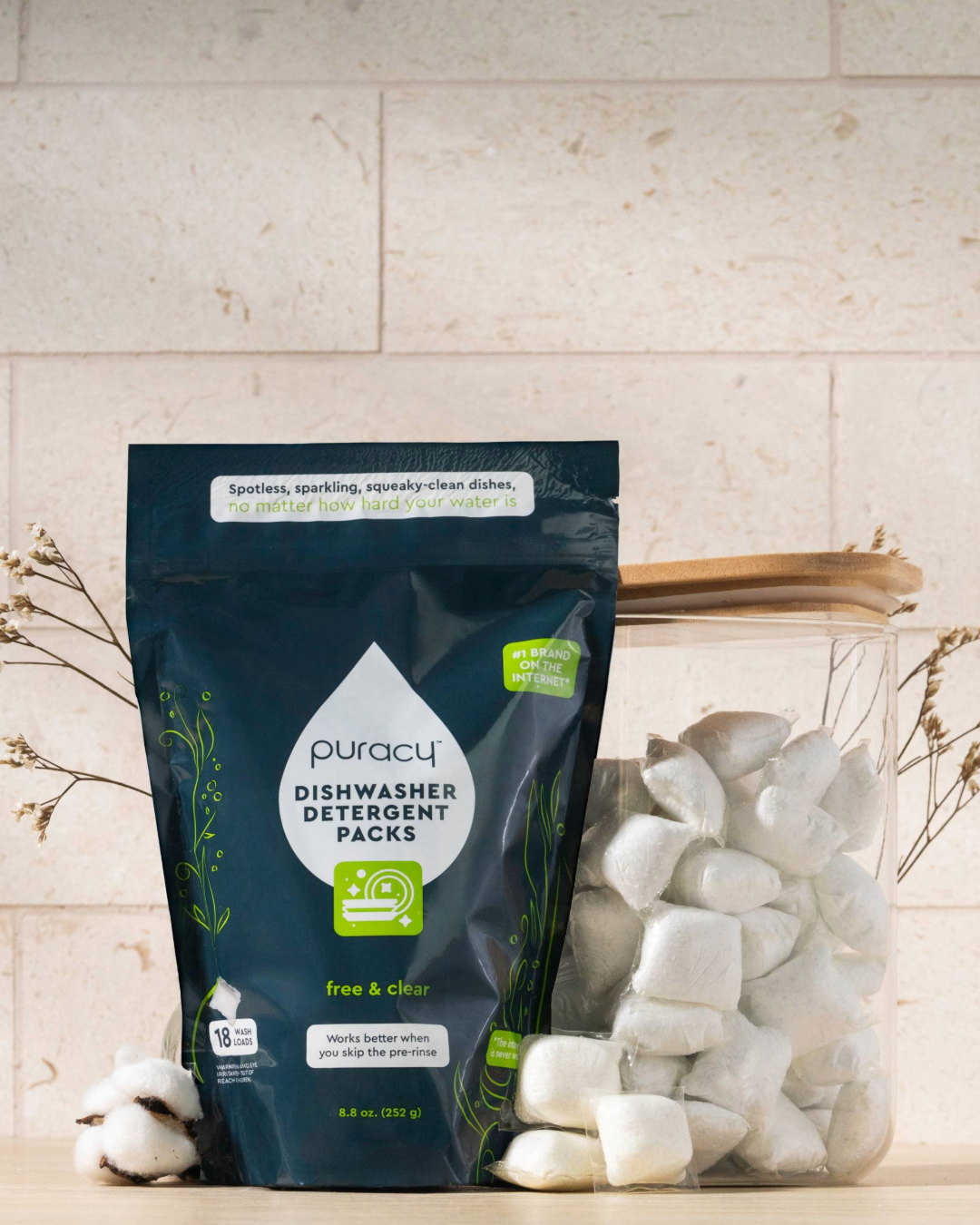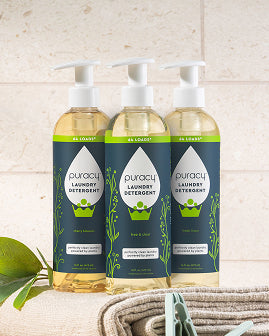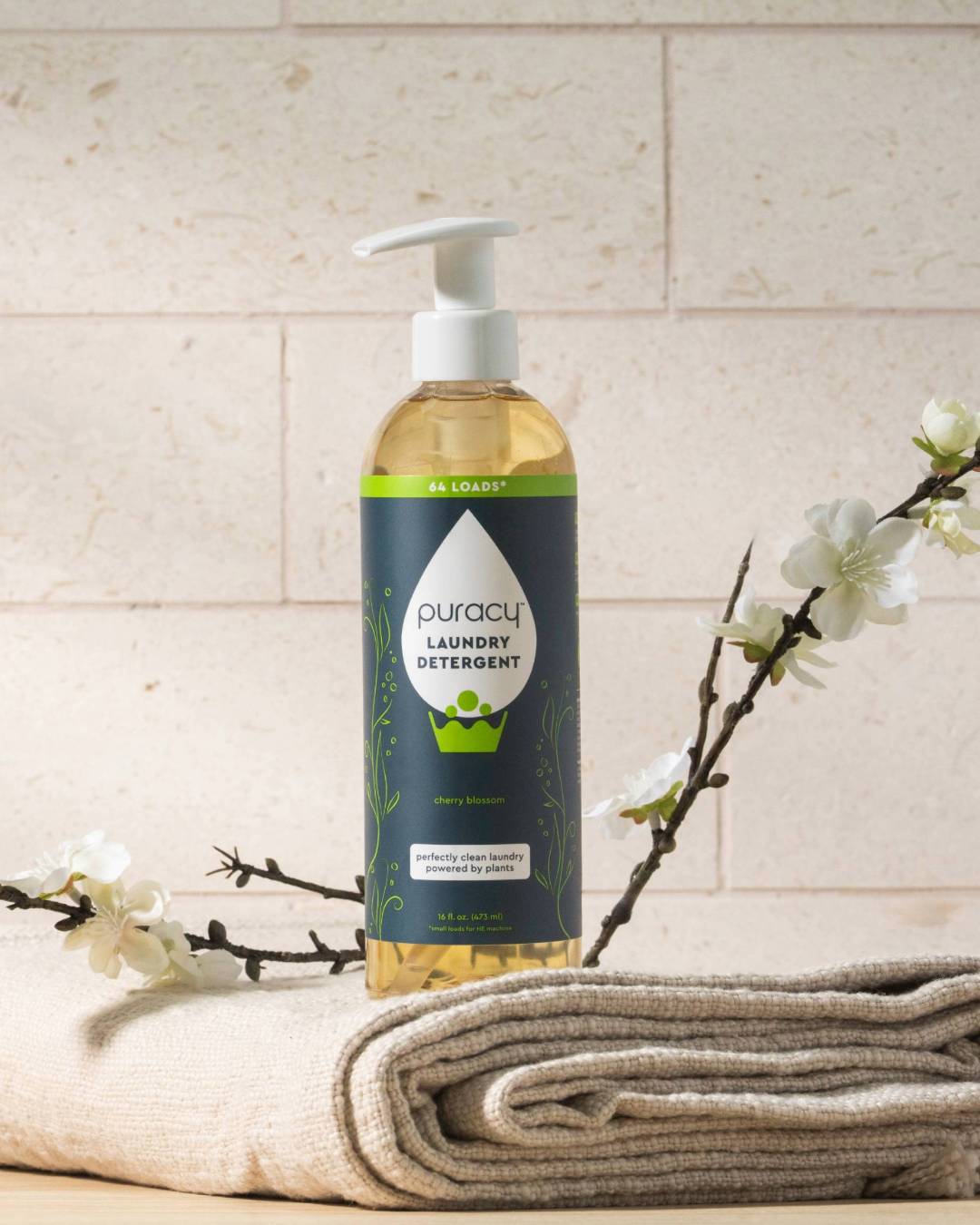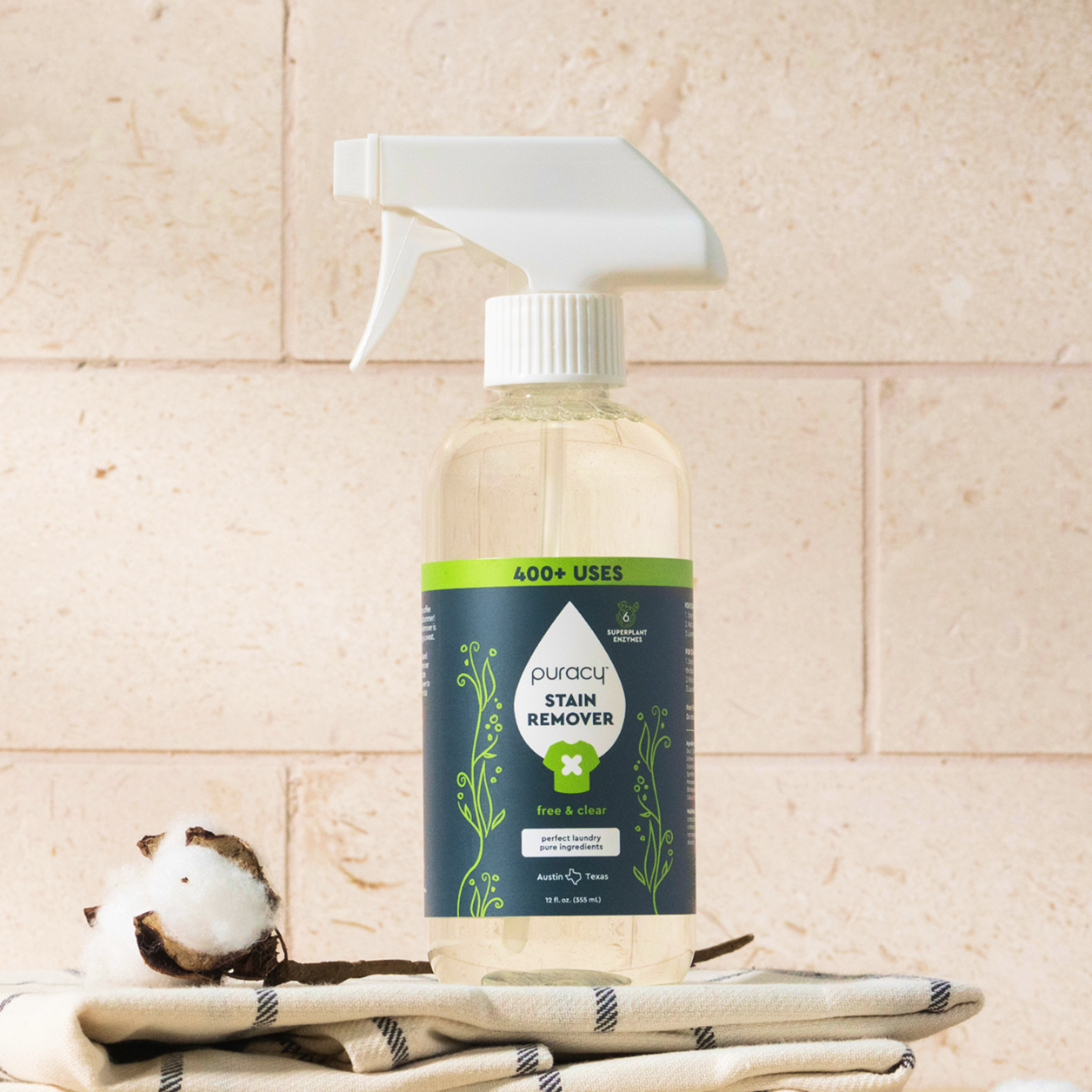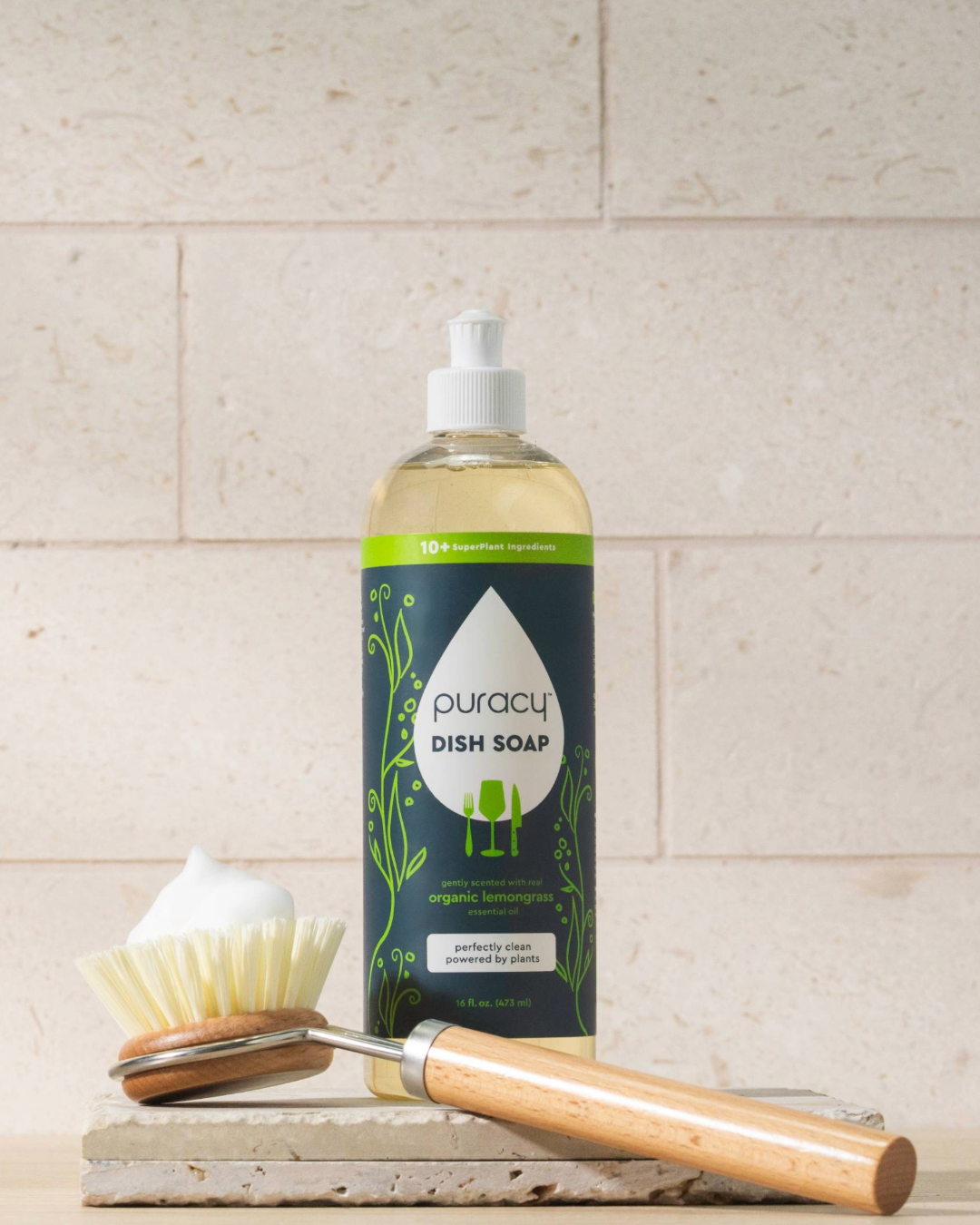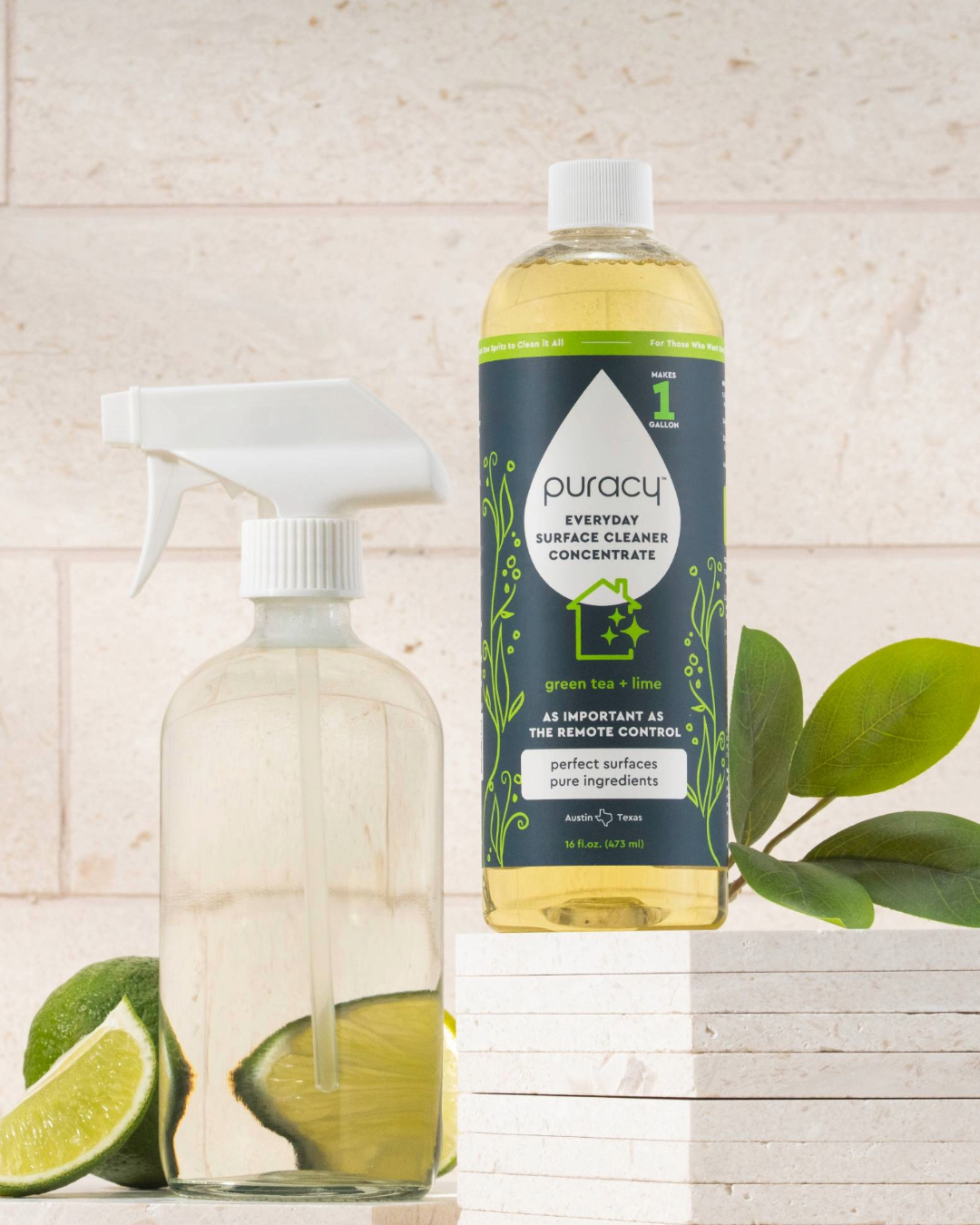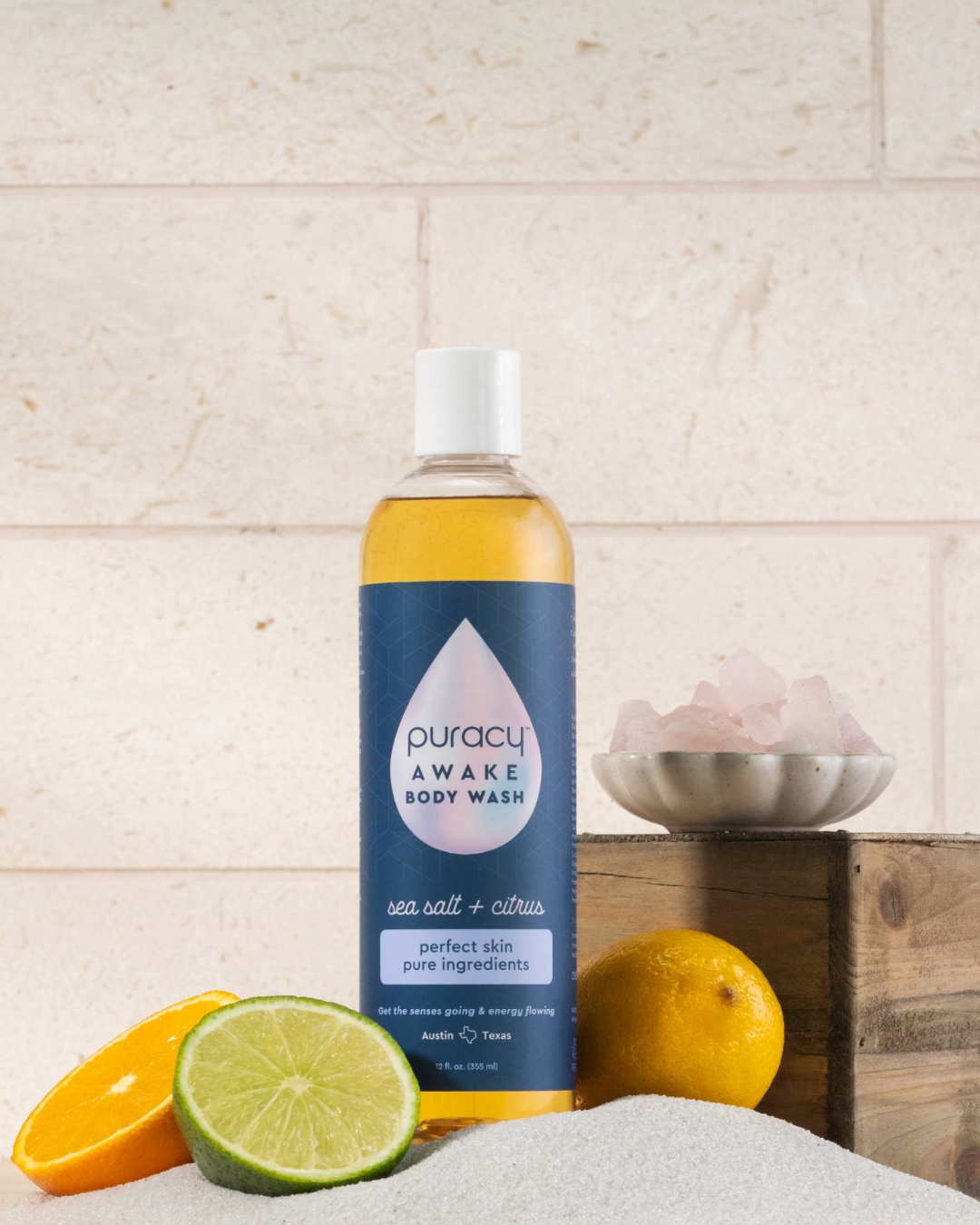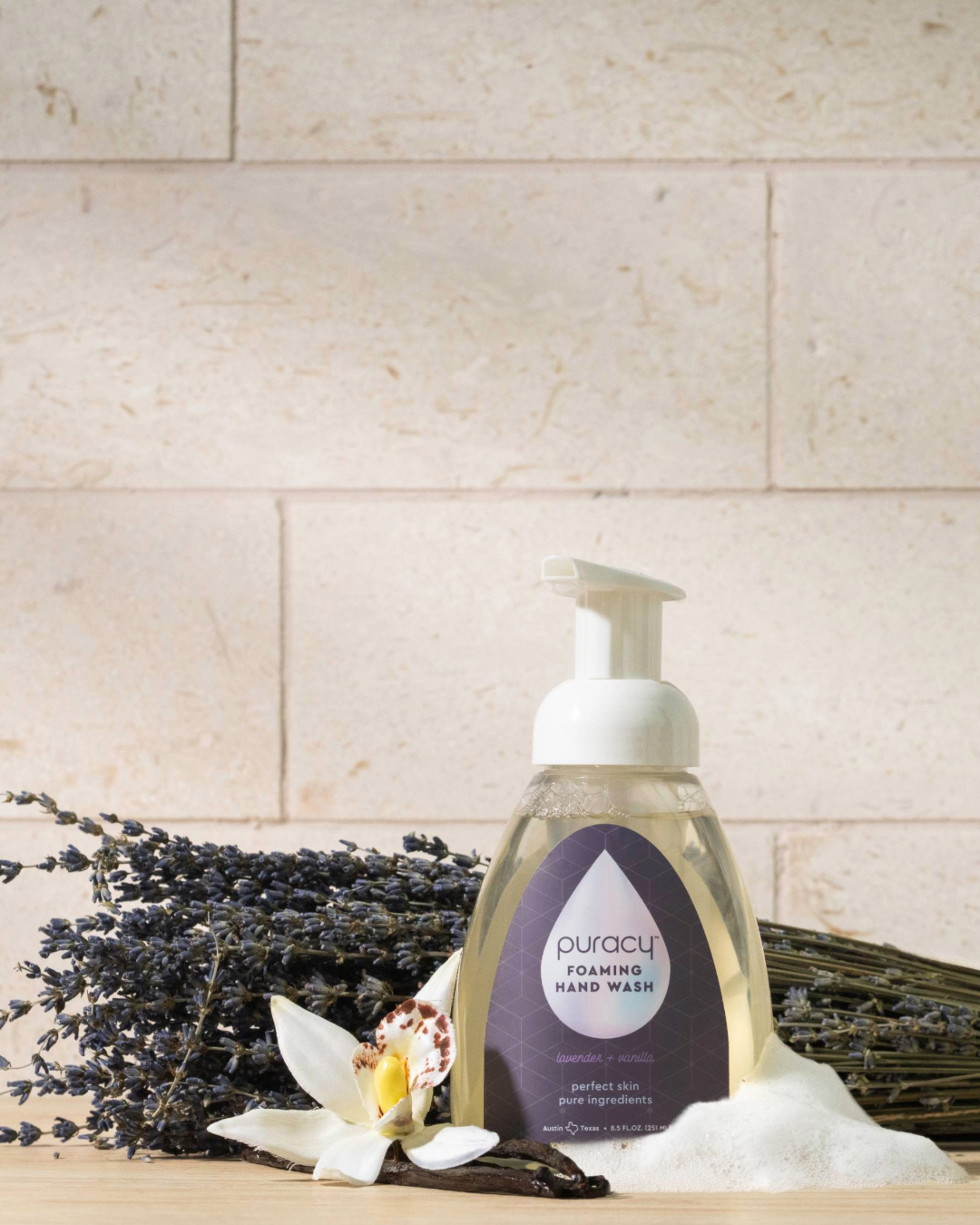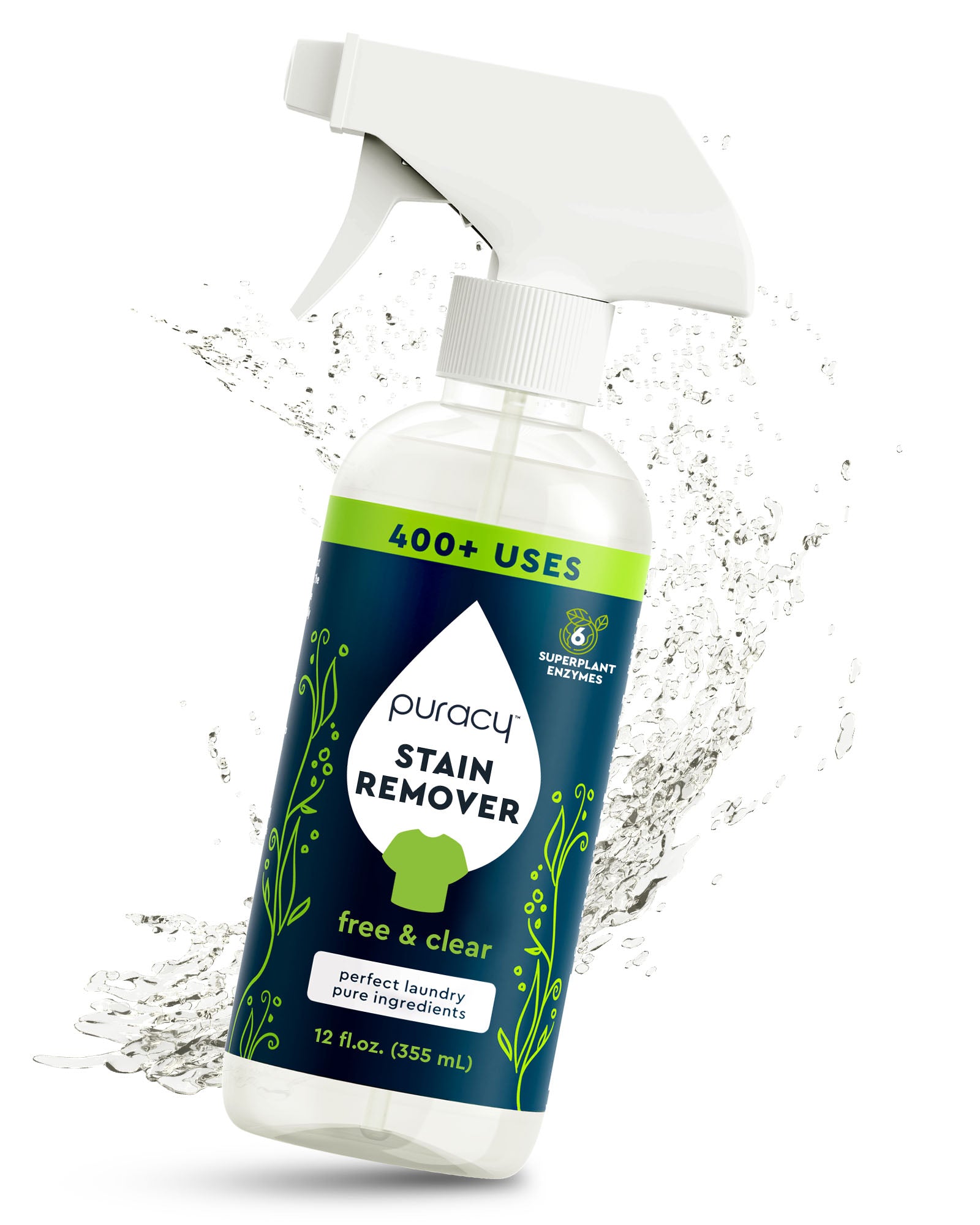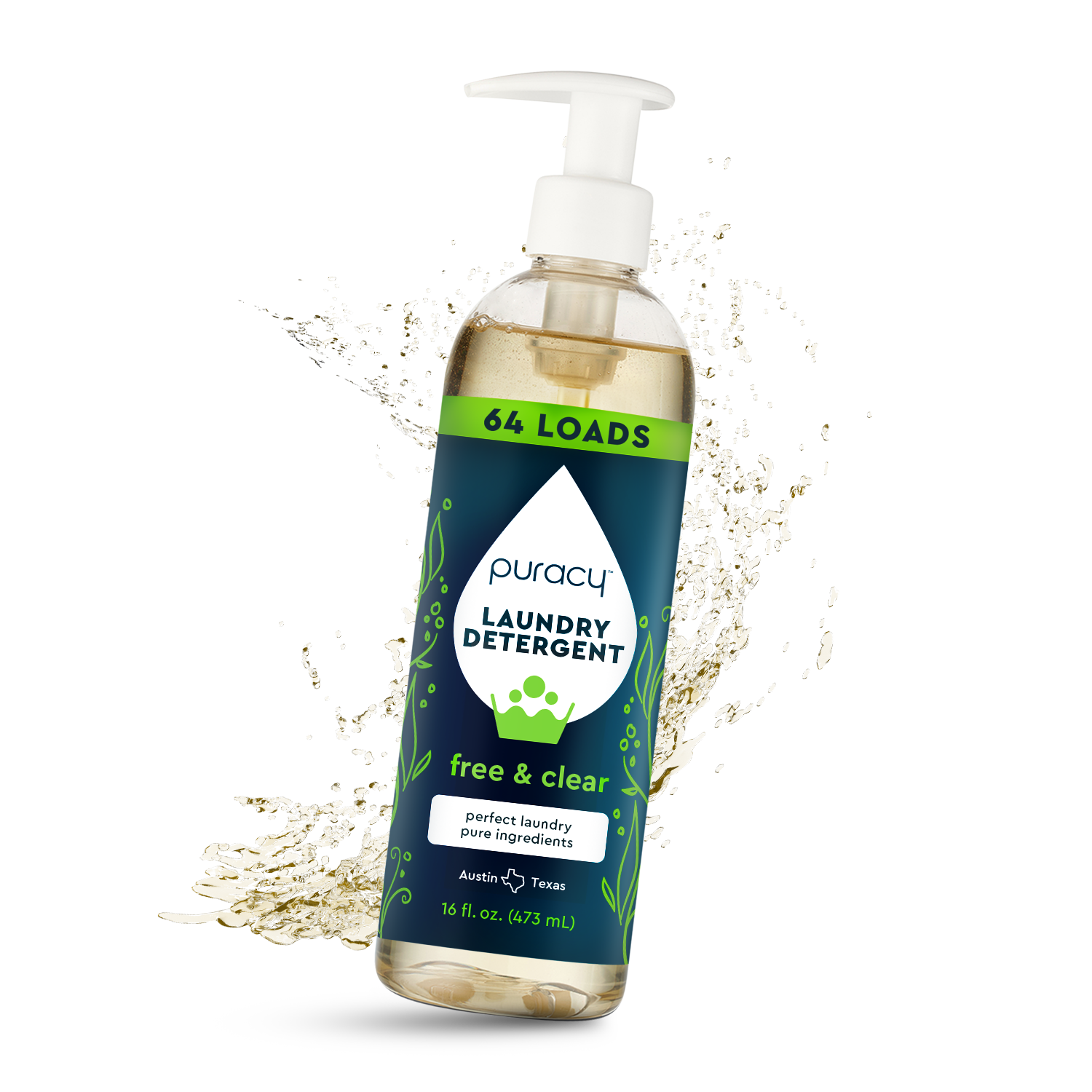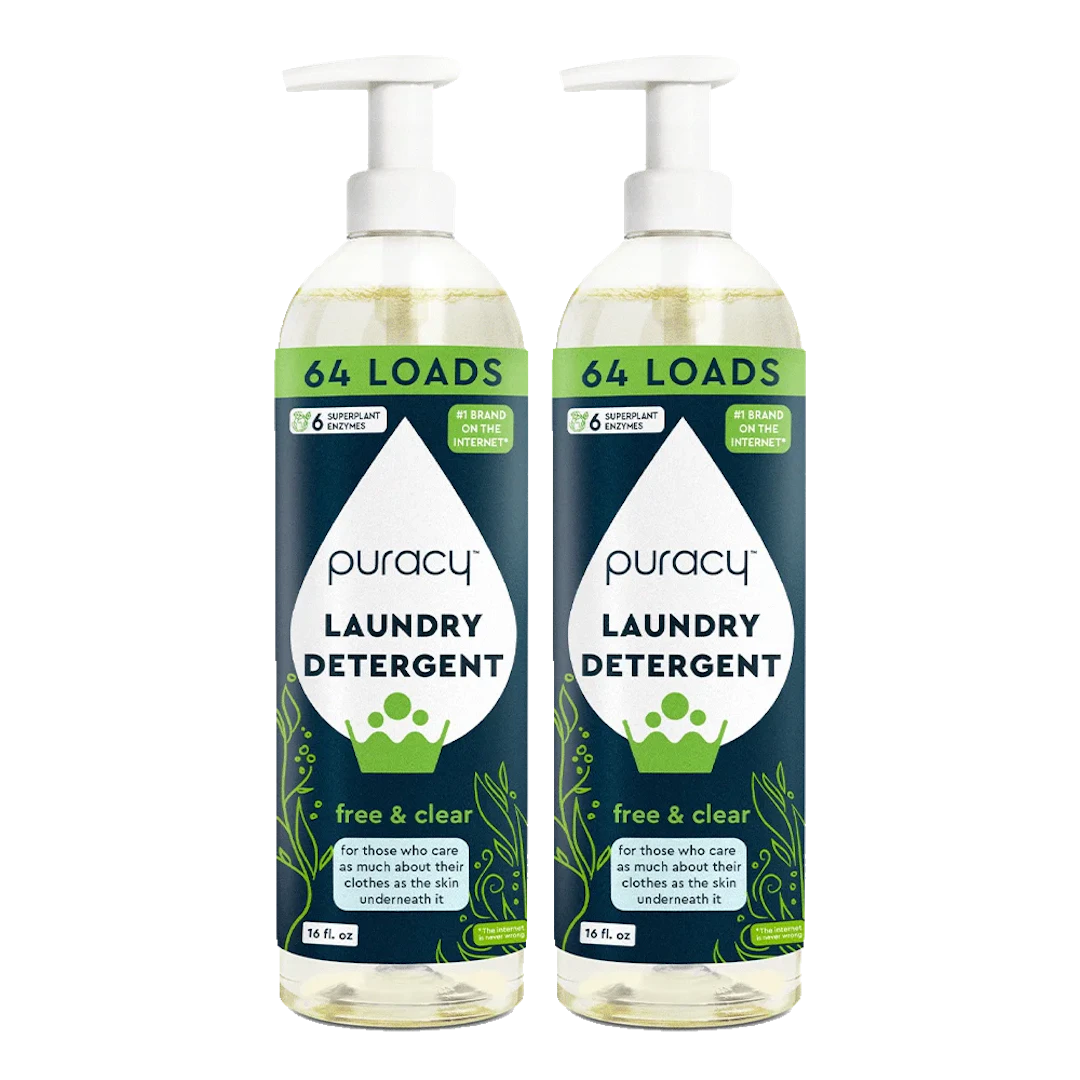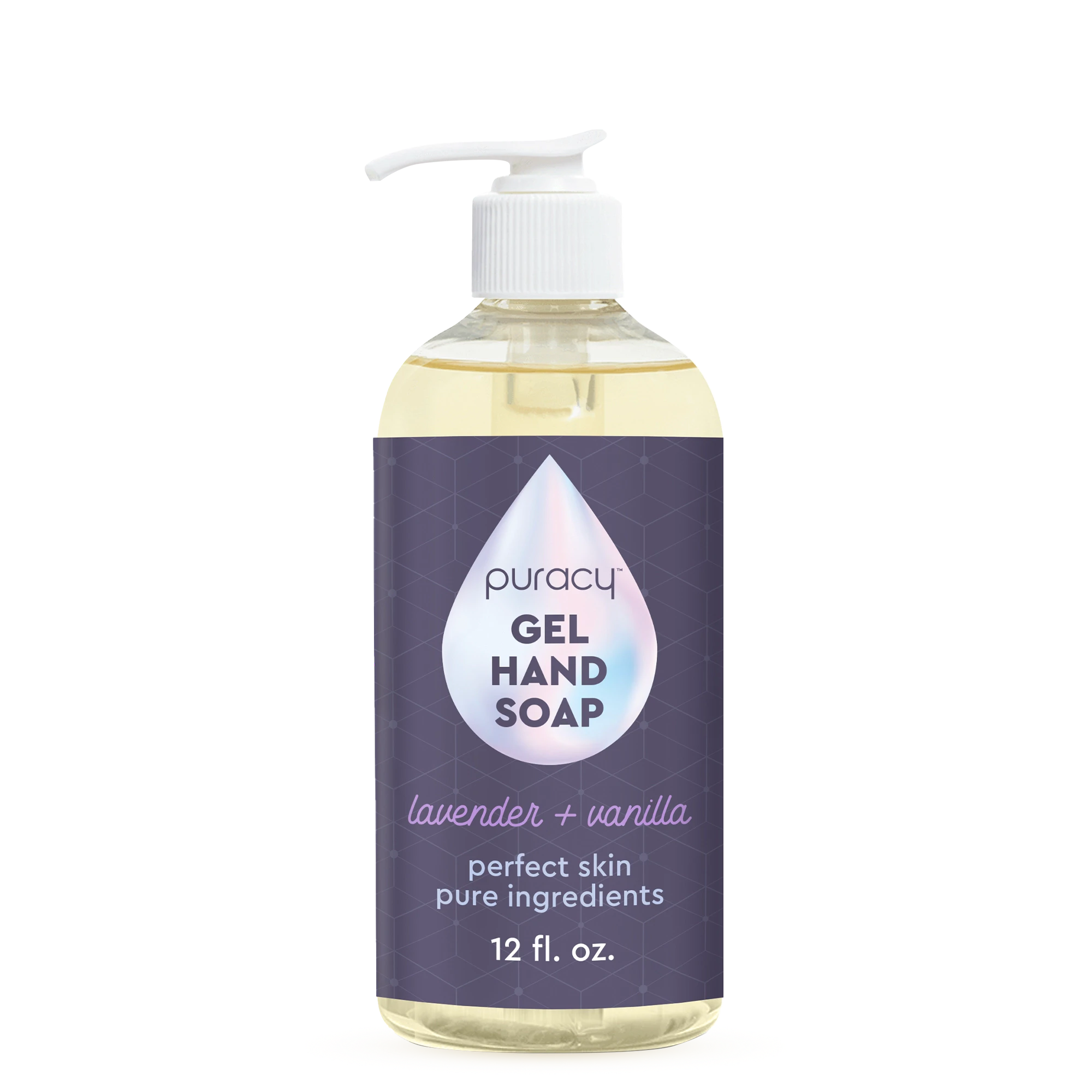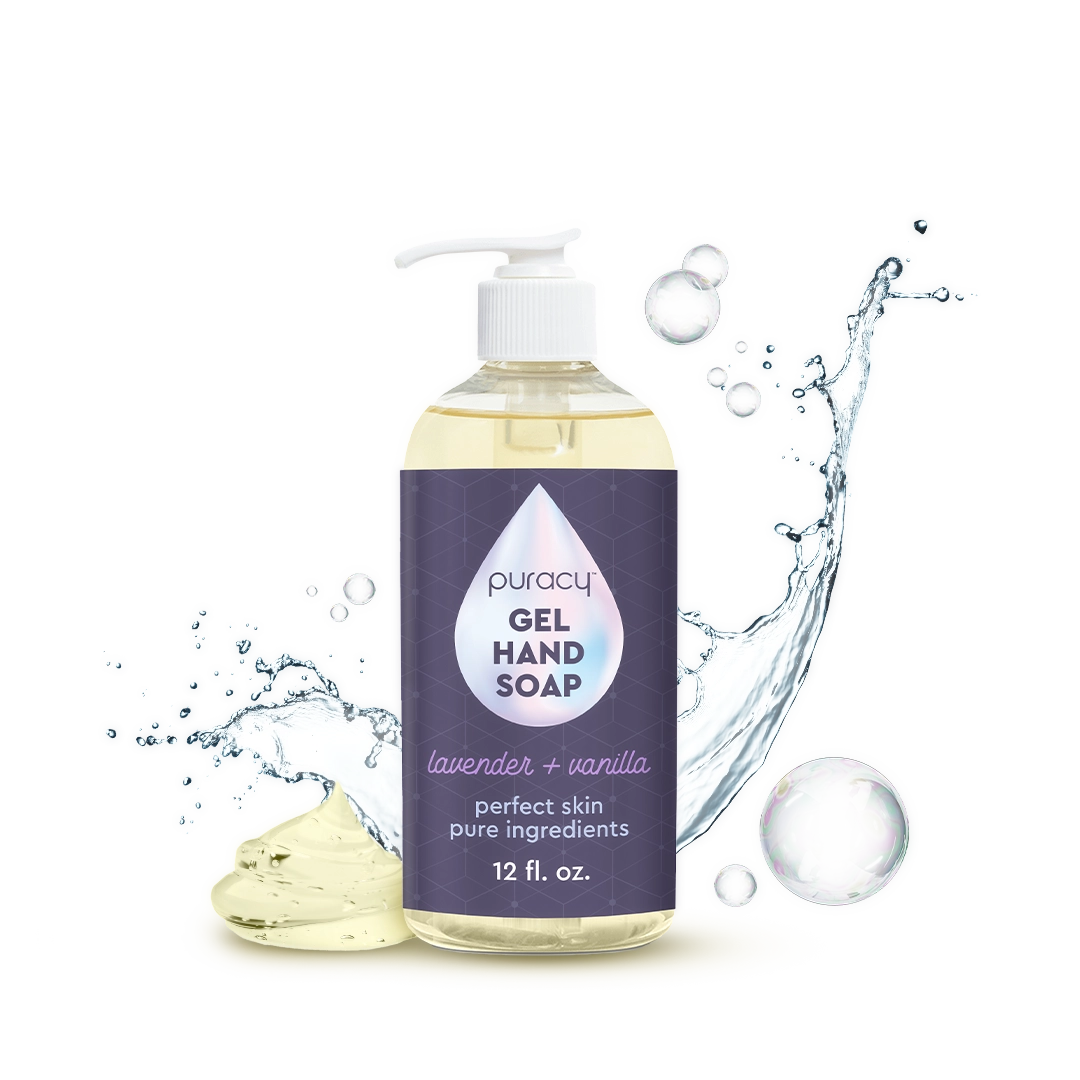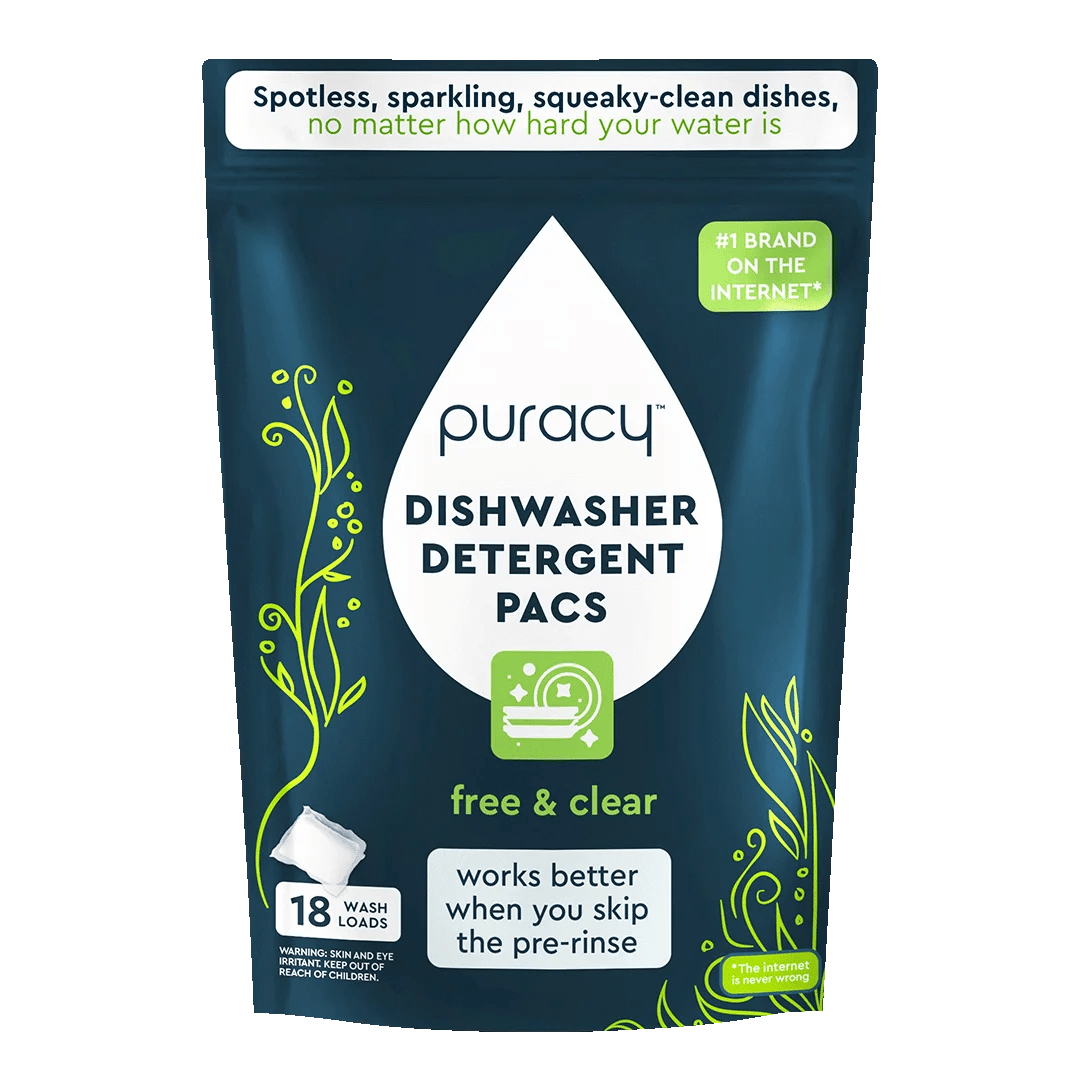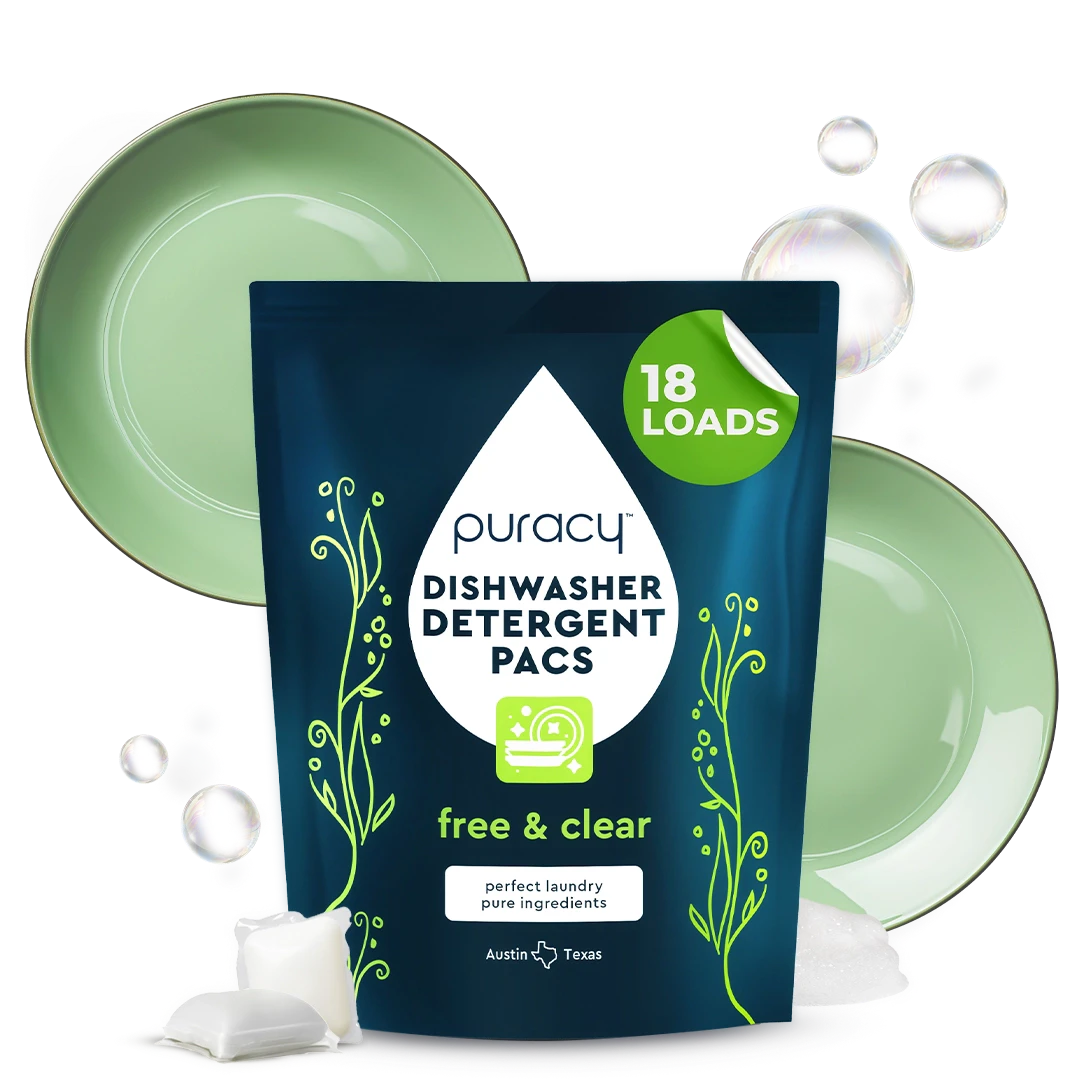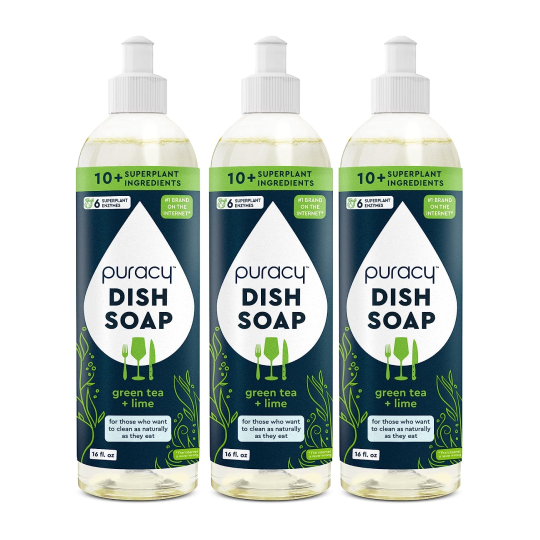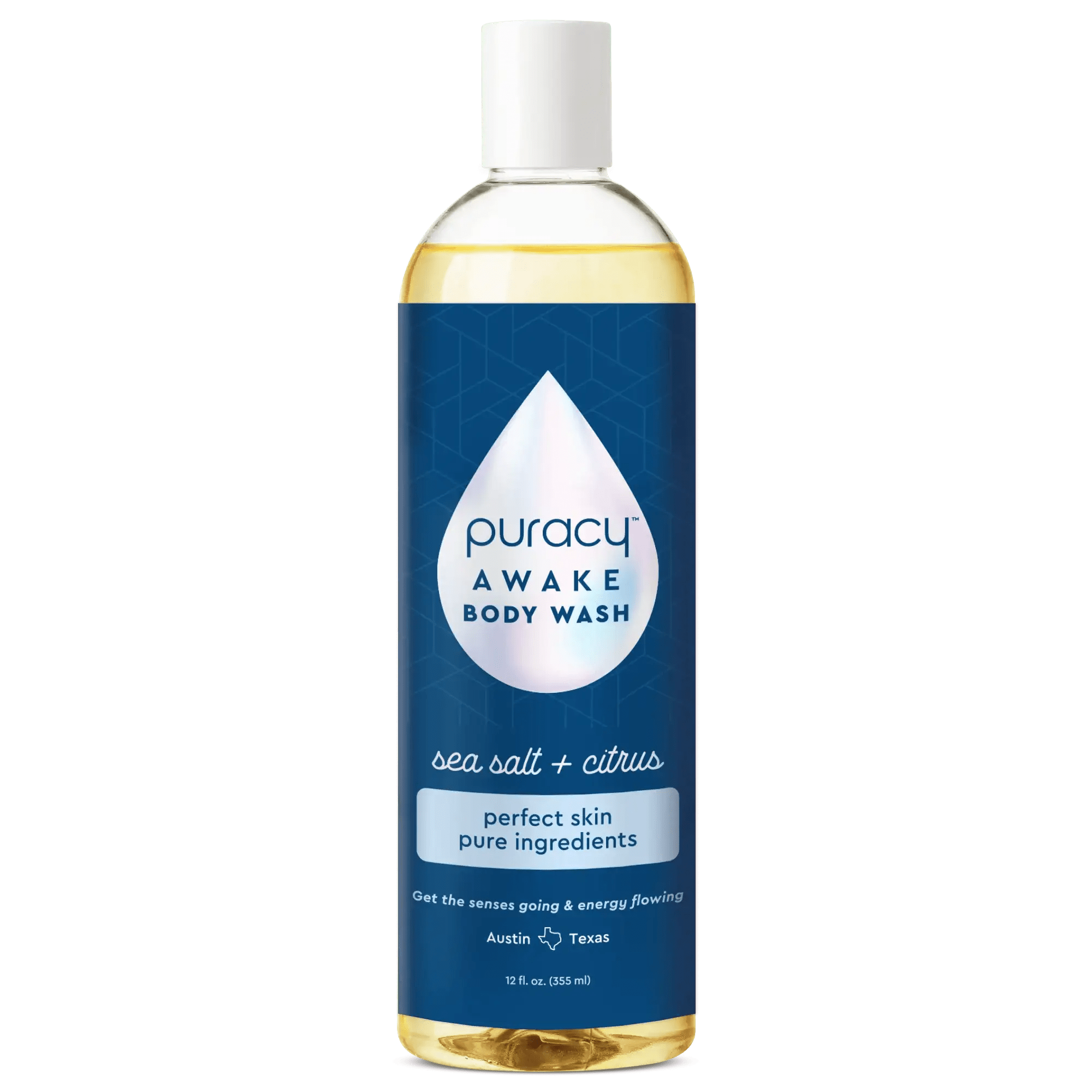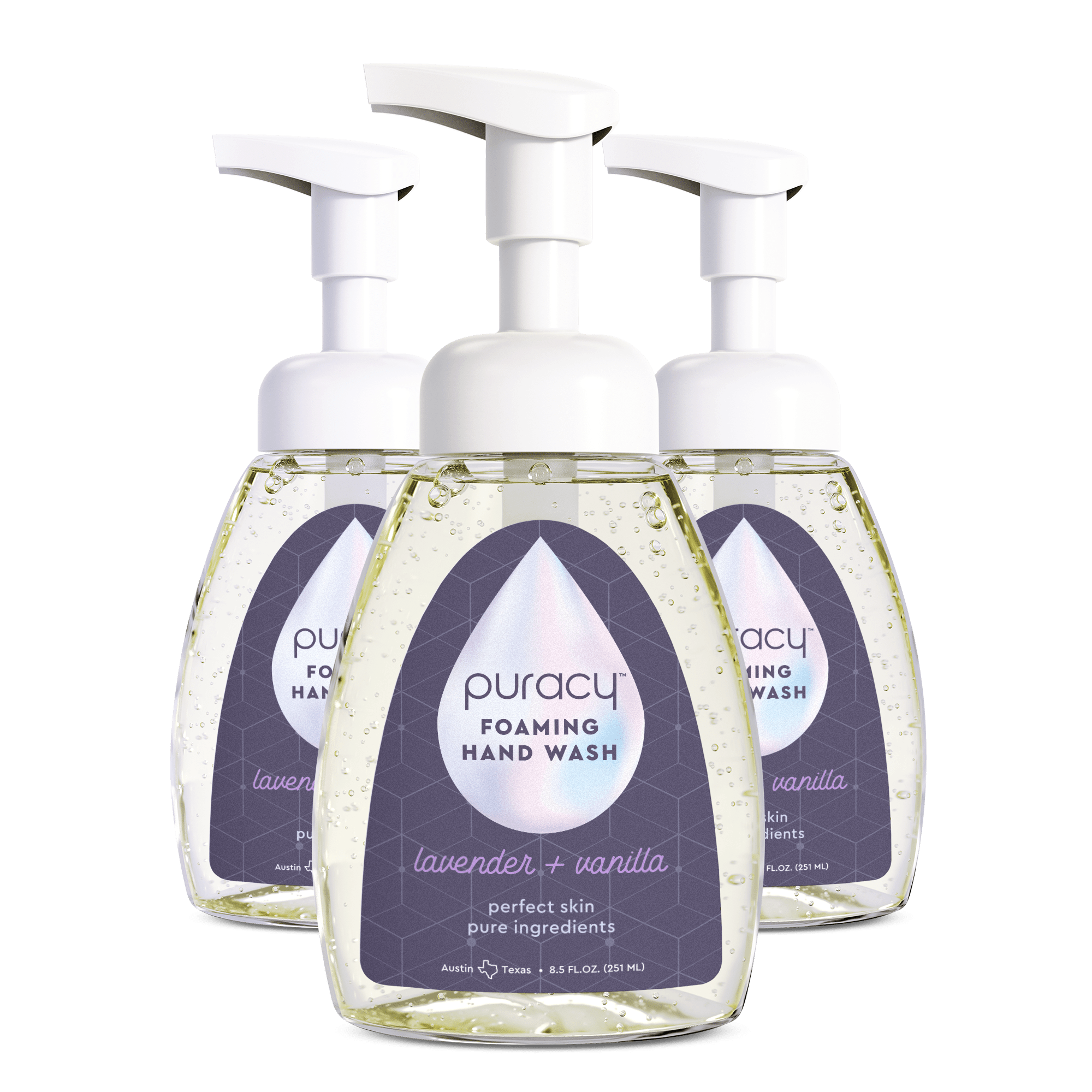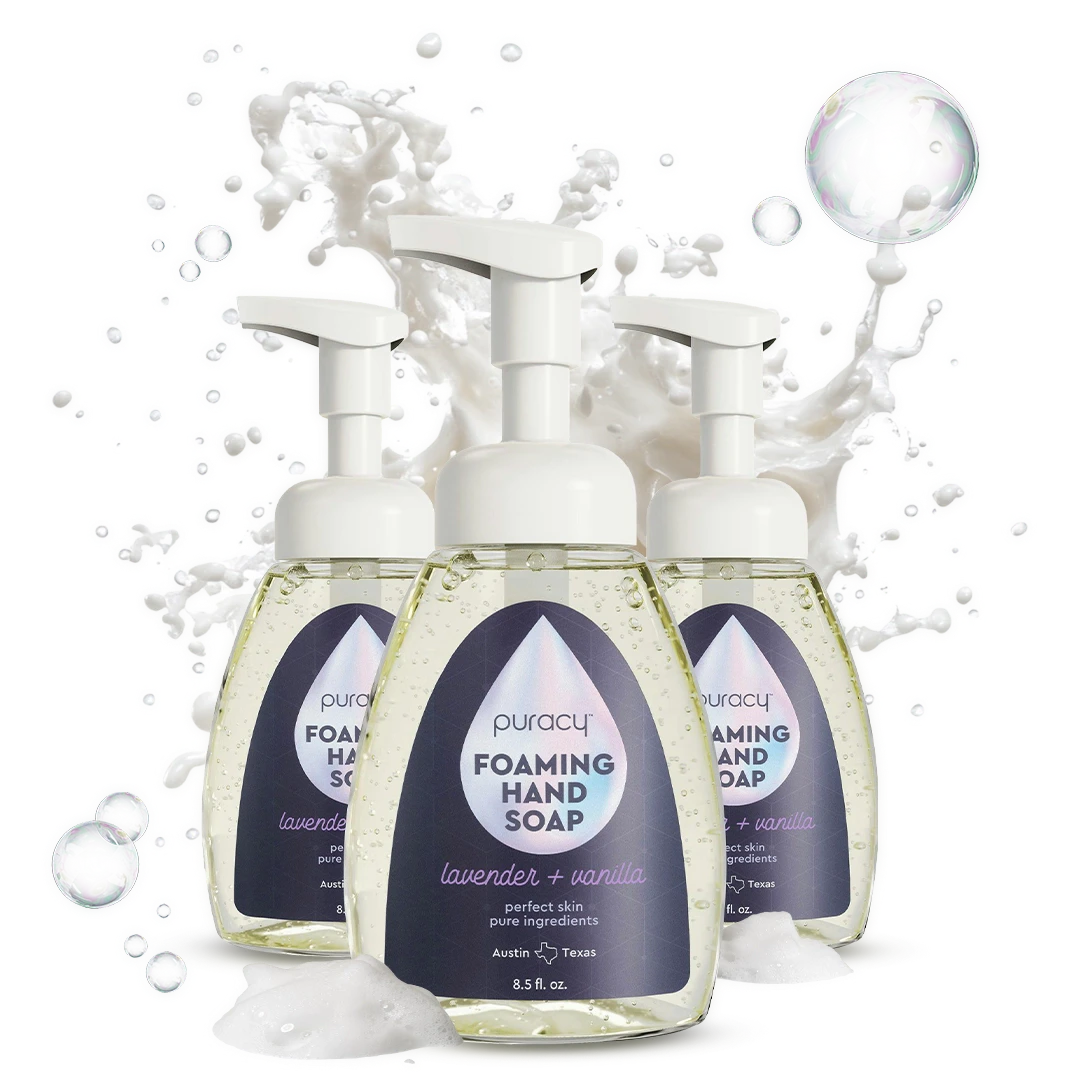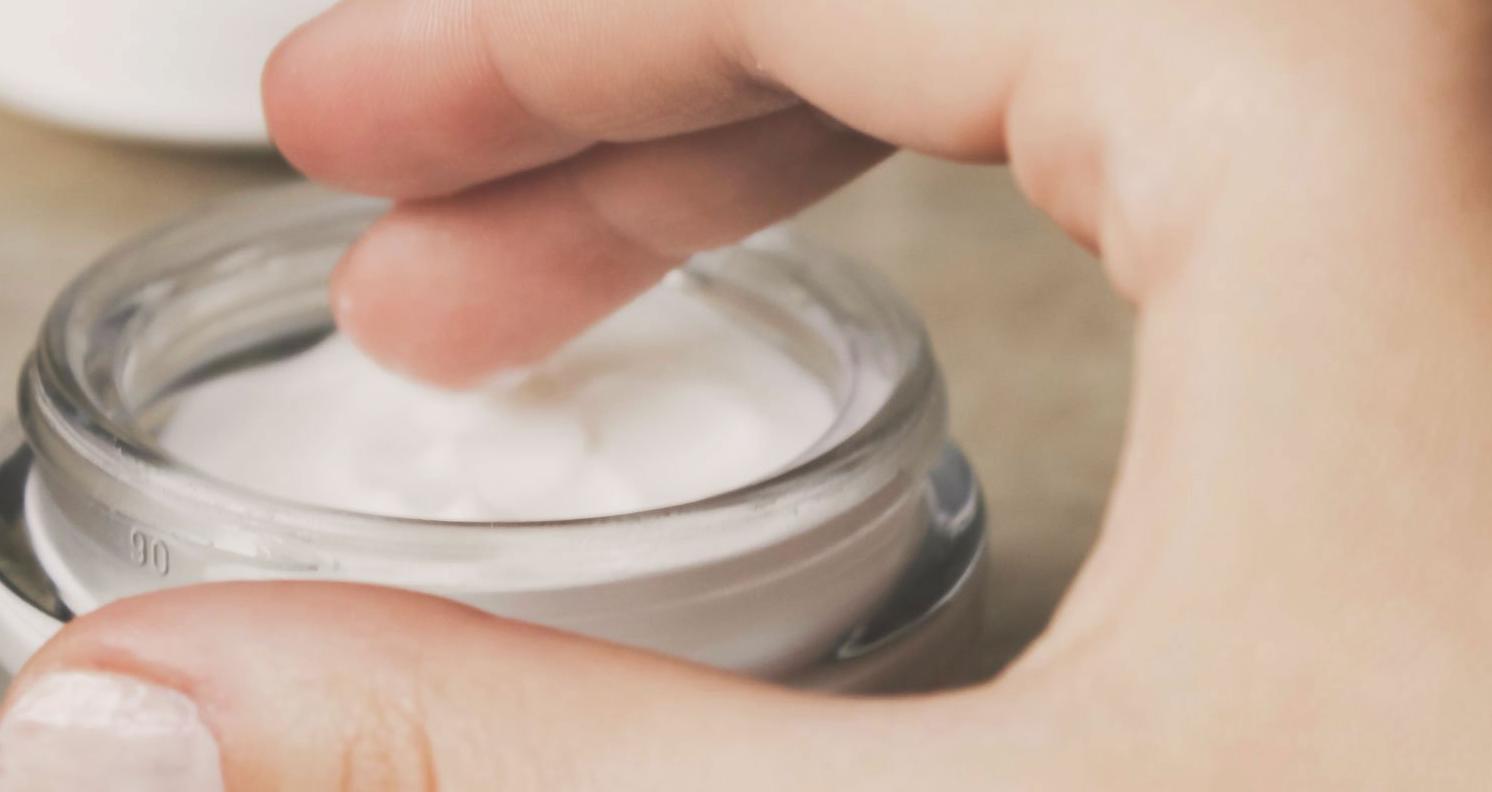
Are Parabens Bad for You?
Written by Tenley Haraldson. Medically reviewed by board-certified pediatrician Dr. Ryan Blackman DO, FAAP.
More and more "paraben-free" labels are popping up on products these days, but what do they actually mean? Are parabens bad for you?
We break down the health and environmental effects of these synthetic preservatives – and provide how to look for parabens in body wash, lotion, shampoo, and other personal products.
What Are Parabens?
Parabens are a family of preservatives that restrict bacteria and mold growth in cosmetic products. Oftentimes, several parabens are combined with other preservatives to fight a wider variety of microorganisms.
Parabens can be sourced from para-hydroxybenzoic acid (PHBA), which is a chemical that occurs naturally in plants like carrots, blueberries, and cherries. It can also be found within the human body when amino acids are broken down. However, the bulk of parabens found in personal care products are synthetic – not natural.
What Products Use Parabens?

Cheap, extremely effective, and widely considered to be hypoallergenic, these long-lasting preservatives give products staying power on store shelves and in cupboards. Parabens are commonly found in:
- hair care products
- lotions
- skin cleaners
- scrubs
- shaving cream
- makeup
- processed foods
How to Look for Parabens
The simplest way to avoid these synthetic ingredients is by checking the labels for common paraben names:
- Methylparaben (i.e. methyl 4-hydroxybenzoate)
- Butylparaben (i.e. butyl 4-hydroxylbenzoate)
- Propylparaben (i.e. propyl 4-hydroxylbenzoate)
- Ethylparaben (ethyl 4-hydroxylbenzoate)
Are Parabens FDA-Approved?
When this article was published, the FDA didn’t have specific rules related to cosmetic preservatives. In fact, parabens are treated like other cosmetic ingredients, and – other than color additives – don’t require FDA approval before being sold to the public. These products must simply meet the standard of being "safe and properly labeled" under the Federal Food, Drug, and Cosmetic Act.
In 2006, a joint study between the FDA and Cosmetic Ingredient Review (CIR) concluded that there was no need to change the above-listed parabens’ safety ratings for cosmetics. In 2008, a safety assessment of parabens was published with the conclusion that these four parabens were safe in their present practices and concentrations.
It’s important to consider that 1,300 chemicals (including parabens) have been banned or restricted in the EU. Yet they’re legally allowed for use in US cosmetics.
Possible Effects of Parabens

Butylparaben is more likely to cause greater eye and skin redness, irritation, pain, and itchiness than other paraben types. Ingesting large doses of butylparaben was also found to irritate the GI tract.
A 2005 National Toxicology Program study revealed that parabens were reported to have adverse effects on male rats’ reproductive systems. While these rats were provided with much higher doses of parabens than what people would normally be exposed to, at the time of publication, scientists still weren’t certain of potential long-term use.
Typically absorbed through the skin, parabens are thought to be excreted through waste. A 2006 National Health and Nutrition Examination Survey (NHANES) detected methylparaben and propylparaben urine levels in most test subjects. Women generally had 7x higher levels of both methylparaben and propylparaben than men (possibly because of their propensity to use more personal care products).
Are Parabens Safe for Pregnant Women?
According to a 2020 German paraben study, pregnant women who leave paraben-containing cosmetics on their skin for extended periods of time increase the risk of overweight infants.
Researchers identified a correlation between parabens and the natural regulation of satiety in the brain in both mice and human subjects, leading to higher food intake. A relationship between butylparaben concentrations in the mothers’ urine and a higher body-mass index in female children (through their 8th birthdays) was also detected.
Is There a Link Between Parabens and Cancer?
Questions have been raised about whether parabens are carcinogenic. Much of this is connected to parabens' abilities to produce similar effects to those of estrogen (which has been associated with the development of breast cancer).

FDA studies have repeatedly concluded that parabens affect estrogen production far less than the body's native estrogen, especially when products contain low amounts.
While human clinical trials have not shown a definitive link between parabens and increased cancer risk, these chemicals were able to penetrate the skin and remain within tissue. For example, a 2012 British study detected parabens within breast tissue of breast cancer patients.
Do Parabens Affect the Environment?
It’s not just humans that are potentially affected by paraben exposure. 121 tissue samples were collected from marine mammals (e.g. polar bears, sea otters, dolphins) living along the US Pacific coastline. Methylparaben was detected in many samples while a metabolite of methylparaben (4-HB) was found in all of them.

While this metabolite occurs naturally in vegetation, the samples suggest that animals were exposed to synthetic parabens which may have been released into the environment via sewage systems.
Should I Avoid Parabens?
We discussed this issue with Dr. Ryan Blackman, a board-certified pediatrician on Puracy's consulting team:
“The research on parabens is ongoing but – at times – contradictory. They have been theorized to be endocrine disruptors but this hasn’t been definitively established in humans. However, avoiding potential harm is never a bad choice, especially when there are safe alternatives available.”
Choose Products with Paraben Free Preservatives
To maintain the shelf life of Puracy personal care products, our team of Ph.D. chemists have developed formulas that utilize natural paraben-free preservatives like caprylyl glycol and propanediol.

Discover the Plant-Based Power of Puracy
We started Puracy to provide gentle and effective products for your family and home. And we’re so confident that we’ll fully refund your purchase if you’re not 100% satisfied. That’s the Puracy promise.
